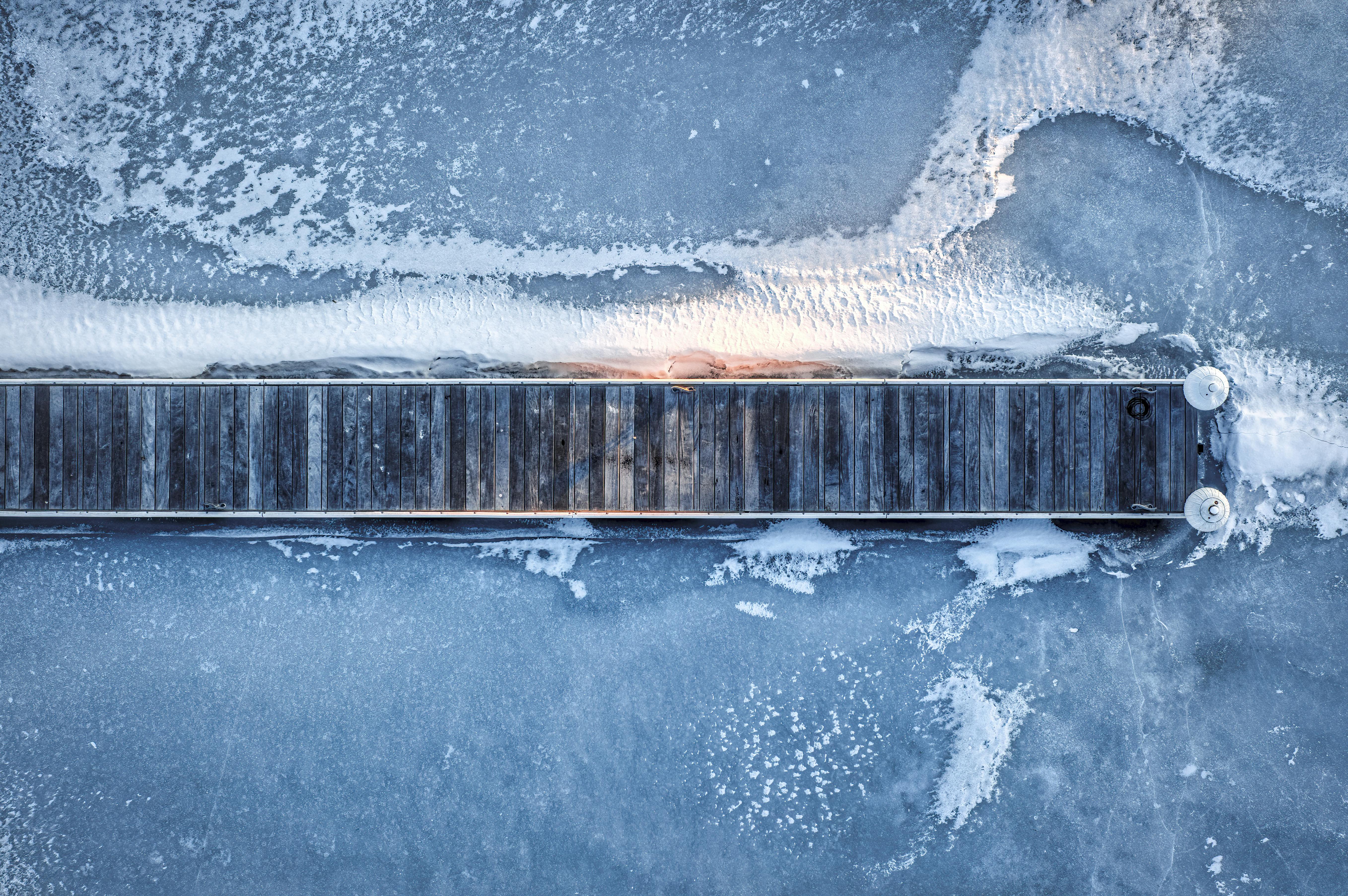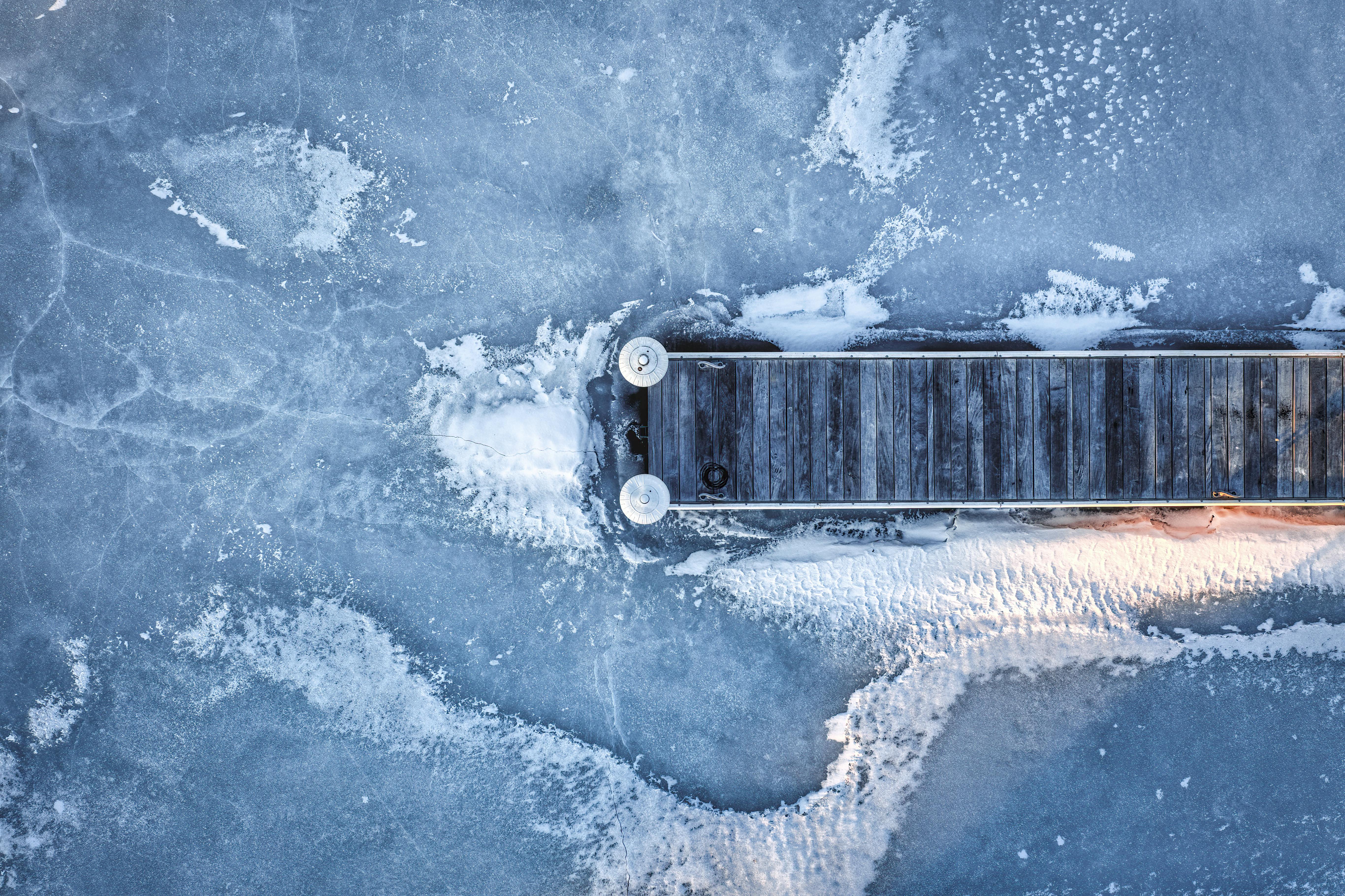Using distilled water in an ice maker is a great way to ensure that your ice cubes are fresh and free from contaminants. Distilled water has been filtered and purified, so it does not contain any minerals or other impurities that can affect the taste or quality of your ice. In addition, using distilled water in an ice maker can help to extend its lifespan by reducing the build-up of mineral deposits on internal components. In this article, we’ll discuss the advantages of using distilled water in an ice maker and provide some tips for doing so safely and effectively.Distilled water is water that has been boiled and then condensed back into liquid form. This process removes impurities and minerals, making it purer than regular tap water. Distilled water is often used in medical and scientific settings, for automotive cooling systems, for drinking and cooking, and for steam irons.
Can You Use Distilled Water In An Ice Maker?
Yes, you can use distilled water in an ice maker. Distilled water is perfectly safe for use in ice makers, and it will not cause any damage to the internal components. Distilled water is also a more economical choice than buying bottled or filtered water for your ice maker. It is also a good choice if you are concerned about the taste of your ice or the quality of the water used to make it. Using distilled water can help to ensure that your ice tastes great and is free from contaminants that could be present in tap or other types of bottled water.
However, it is important to note that using distilled water in an ice maker does not mean that it will always be safe from contamination. While distilled water does not contain any minerals, bacteria or other impurities which can affect the taste of your ice, it can still become contaminated if exposed to outside sources such as dust particles or insects. Therefore, it is important to make sure that your ice maker is properly maintained and cleaned on a regular basis in order to ensure that no contaminants are present in the water used for making ice cubes.
<
Advantages of Using Distilled Water in an Ice Maker
Using distilled water in an ice maker is a smart choice as it has several advantages over other forms of water. One of the primary benefits is that it eliminates the need to periodically clean and descale the ice maker. This is because distilled water contains no minerals, unlike tap or spring water, which often contain mineral deposits like calcium and magnesium. These deposits can accumulate inside the machine and cause it to become inefficient and even stop working altogether. By using distilled water, you can help ensure that your ice maker runs smoothly and efficiently.
Another advantage of using distilled water in an ice maker is that it creates clearer, tasteless ice cubes. This is because there are no minerals present in the water which could affect the taste or clarity of the cubes. In addition, using distilled water prevents limescale from forming on your machine’s components, ensuring that its performance remains optimal for many years to come. Finally, using distilled water in your ice maker helps reduce common problems such as clogging due to sediment buildup.
Overall, using distilled water in an ice maker can be a great
Advantages of Using Distilled Water in an Ice Maker
Using distilled water in an ice maker is beneficial for many reasons. One of the main advantages is that it helps to reduce the amount of minerals and other impurities in the ice cubes that can affect their taste. Distilled water also has a higher freezing point than regular tap water, which means it will freeze faster and produce better-tasting ice cubes. Additionally, distilled water does not contain any chlorine, which could be harmful if ingested. Finally, using distilled water in an ice maker can help to reduce buildup of minerals on the machinery’s parts, as well as improve its performance and efficiency.
Disadvantages of Using Distilled Water in an Ice Maker
The main disadvantage of using distilled water in an ice maker is its cost. Distilled water is more expensive than regular tap water and may not be cost-effective for many households. Additionally, some people find that the taste of distilled water is not as enjoyable as regular tap water. Finally, while distilled water can help to reduce mineral buildup on the machine’s parts, it may also cause corrosion over time if
Distillation
Distillation is a process of separating a mixture of two or more liquids with different boiling points. It involves boiling the mixture, capturing the vapors, and condensing them back into liquid form. The resulting liquid is known as the distillate. Distillation is most commonly used to purify liquids by removing impurities from them. It can also be used to concentrate solutions or to separate mixtures into their component parts.
How Does Distillation Work?
Distillation works by taking advantage of the fact that different components in a mixture have different boiling points. When heated, the components with lower boiling points will evaporate first, leaving behind the components with higher boiling points. This process is known as fractional distillation and it can be repeated multiple times to achieve high levels of purity and concentration in the resulting distillate.
The process starts by heating up the original mixture until its components begin to evaporate. The vapor is then captured and cooled so it condenses back into liquid form and can be collected in a separate container. This condensed liquid, known as the distillate, contains only those

Is Distilled Water Safe to Drink?
Distilled water is water that has been boiled and evaporated away from impurities and then condensed back into liquid form. It is often used in industrial processes, as well as for drinking and medical purposes. Many people are concerned about whether distilled water is safe to drink, since it has no minerals or other contaminants.
The good news is that distilled water is generally considered safe to drink, as long as it has been produced correctly and stored properly. It may not be the tastiest water, but it should not cause health problems if consumed in moderation. That said, there are a few key things to consider when deciding whether distilled water is right for you.
For one thing, distilled water lacks essential minerals like calcium and magnesium that can be found in regular drinking water. This can make it less than ideal for people who need these minerals for their overall health, such as pregnant women or those with certain medical conditions. Additionally, some experts argue that the process of distillation removes healthy bacteria from the water that may be beneficial for digestion and the immune system.
Another potential issue with drinking too much distilled water is its
Can You Use Tap Water In An Ice Maker?
Using tap water in an ice maker is generally safe, as long as the tap water is clean and free of impurities. Many people prefer to use filtered or distilled water in their ice makers, to ensure that they are not drinking any potentially harmful chemicals. While some people may worry about the taste of tap water in their ice cubes, it is generally not a problem, since most ice makers have built-in filters that take care of any unpleasant tastes and odors.
If you do decide to use tap water in your ice maker, it is important to make sure it is regularly cleaned and maintained. You should also change out the filter regularly to reduce the chance of any impurities getting into your ice cubes. Additionally, if you are using a refrigerator with an integrated ice maker, you should check with the manufacturer on specific instructions for cleaning and maintenance.
If you live in an area with hard water, it may be a good idea to use filtered or distilled water in your ice maker to avoid any mineral buildup or residue over time. Hard water can leave behind deposits that can clog up the machine over time
The Benefits of Using Tap Water in an Ice Maker
Tap water is the most economical and convenient choice for use in ice makers. It is readily available, easy to access, and usually free from contaminants. Most tap water has been treated to remove impurities, such as chlorine, that could affect the taste and safety of the ice produced. Additionally, using tap water eliminates the need for frequent bottle changes or refilling a reservoir with distilled or filtered water. The use of tap water also allows for greater flexibility when it comes to producing larger amounts of ice in a short period of time.
Safety is another benefit of using tap water in an ice maker. Since most municipal tap water is treated and regulated by local governments, it is generally safe to consume. This means that any ice made from this source will be safe to eat or use in drinks without any extra preparation or caution. Moreover, using tap water over other sources eliminates any worries about contamination from unknown sources or chemicals added during the production process.
Using tap water in an ice maker also helps reduce waste associated with bottled and filtered options. Bottled and filtered waters require frequent purchases and replacements,

Conclusion
It is safe to use distilled water in an ice maker, but it is not recommended. Distilled water will still produce ice, but it does not contain any of the minerals that are typically found in tap water. This can lead to poor-tasting ice cubes and a lack of flavor. The lack of minerals can also cause the ice cubes to be brittle and break easily. Tap water is a better choice for use in an ice maker because it contains minerals that are beneficial for taste and texture.
Ultimately, it comes down to personal preference when choosing which type of water to use in an ice maker. If you prefer the taste of distilled water or don’t like the taste of tap water, then distilled water can be used. However, if you want better tasting and textured ice cubes, then tap water is a better choice.

